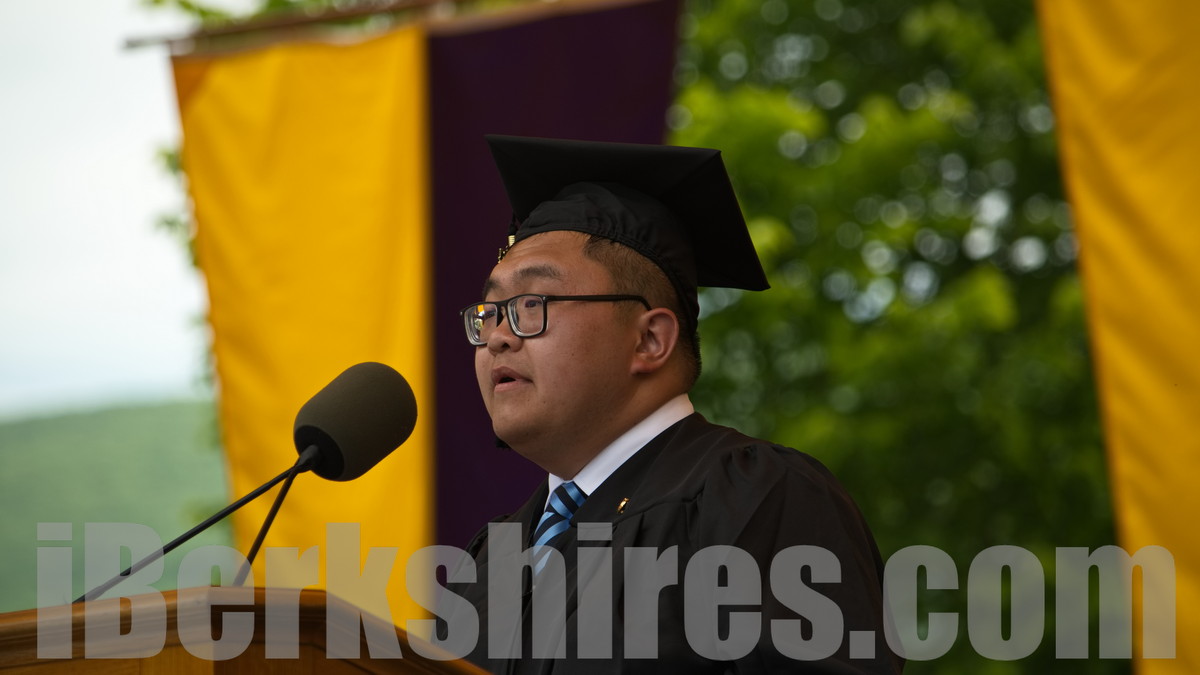Letter: Williamstown Planning Board Should Consider Social, Economic, Environmental Impacts
 |
To the Editor:
Williamstown is known as a desirable community characterized by an affluent, highly educated, and increasingly diverse population. At the same time, the town aspires to be more inclusive. We want to welcome individuals and families of all income levels and racial and cultural backgrounds. One roadblock to inclusivity is the high cost of housing in our town, and limited housing options.
To address these issues the Planning Board is proposing changes to the zoning code that would allow a single building to have up to four housing units in general residence (GR) district, that area of town served by public water and sewer system and characterized by relatively dense residential neighborhoods. In addition, the minimum residential lot size and setbacks would be lessened. These moves help to reduce the impact of exclusionary zoning practices that have made it harder for low-income people to live in town.
Other articles propose reducing lot size and dimensional requirements, and allowing 3-4 unit buildings in Rural Residence 2 (RR2). This area of Williamstown is home to open space, meadows, forested areas, and our few remaining farms. It is not served by public water and sewer. Reducing lot size, in this case from 2.5 acres to 1.8 acres, will not increase housing opportunities for those who have limited financial resources. Acquiring a buildable lot and installing a well and septic system alone can cost more than a modestly priced house.
I know we want to believe that relaxing these zoning regulations will increase access to reasonably priced homes, but it's very unlikely to happen. More certain is that we will lose farmland along with wildlife habitat and corridors, we will contaminate water resources through a proliferation of septic systems, we will increase the severity of flooding with more impermeable surfaces, we will move away from our goal of carbon neutrality, and threaten other environmental benefits.
We should avoid artificially pitting affordable housing arguments against the environment. We need to take a balanced and holistic view to policy changes and consider the interplay among social, economic, and environmental sustainability. To learn more and to participate in this discussion, please come to the public hearing at 7 p.m. on Tuesday, March 22, on Zoom or in person at the Williamstown Town Hall.
Stephanie Boyd
Williamstown, Mass.
Boyd is a member of the Planning Board.
Tags: zoning,
















